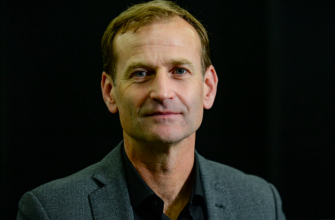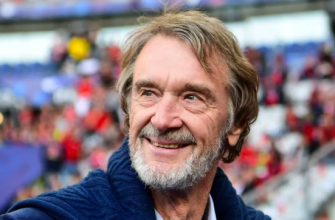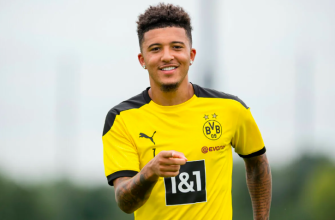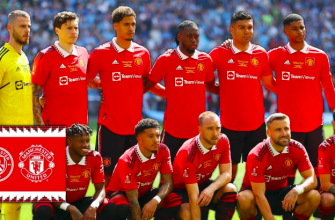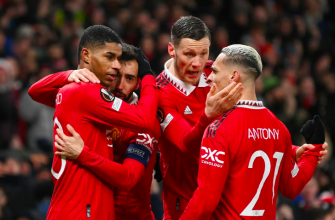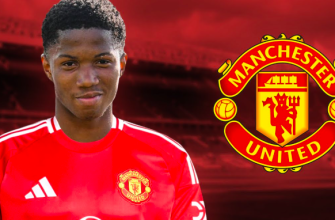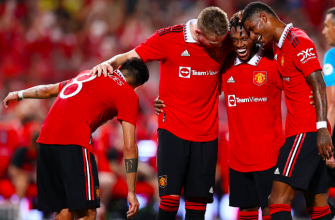Just a year ago, Marcus Rashford was Manchester United’s crown jewel—the top scorer, the symbol of local pride, and the comeback story everyone wanted to believe in. Now? He’s the headline for all the wrong reasons: inconsistent performances, a controversial night out, and a growing sense of disconnect with Erik ten Hag’s demands.
The question is no longer whether Rashford can be world-class. It’s whether he still fits into the new Manchester United being sculpted around discipline, structure, and control.

Not Just a Dip—A Full-Scale Crisis
This isn’t your standard bad patch of form. Rashford has struggled across all phases: off the ball, on the ball, and in decision-making. The numbers tell one story—far fewer goals, fewer sprints, lower involvement in high-intensity phases—but the eye test paints it clearer. He looks lost.
There’s a hesitancy in his play that didn’t exist during last season’s electric run. Once decisive in front of goal, now he hesitates. Once explosive in transition, now he drifts. His body language has changed too—quieter, more reactive than proactive.
And in a team already teetering between chaos and cohesion, that energy has consequences.
Ten Hag’s Patience Wearing Thin?
Rashford’s status has protected him in the past. A homegrown icon. The boy who fed children during a national crisis. But Erik ten Hag is not in the business of sentimentality. His project at United demands obedience, clarity, and constant output.
The moment Rashford missed training after a night out in Belfast, the manager benched him—publicly and without flinching. It was a message to everyone: status doesn’t shield you here anymore.
Yet, even after the punishment, the performances didn’t bounce back. Rashford remains on the fringes of the action, sometimes physically present but spiritually detached.
The Club’s Dilemma: Sell, Sit, or Rebuild?
With Sir Jim Ratcliffe’s new regime focused on accountability and long-term squad planning, Rashford’s future is suddenly not untouchable. Whispers within the club suggest every option is on the table this summer—including a potential transfer if the right offer lands.
That would’ve been unthinkable a year ago. But football is ruthless. And if Manchester United are truly becoming a meritocracy, sentimentality can’t be policy.
A Mirror Year
What happens next is entirely in Rashford’s hands. He still has the physical gifts. He still has the backing of many fans who remember how often he dragged United through chaos. But what he needs now is not form—it’s clarity. Does he want to be a part of this new United? Is he willing to adapt, sacrifice, and rewire his approach?
Because the truth is brutal: Manchester United will move forward. With or without him.
This isn’t just a story of a dip. It’s the story of a mirror moment—where a player must choose whether to face what he sees… or fall behind it.
